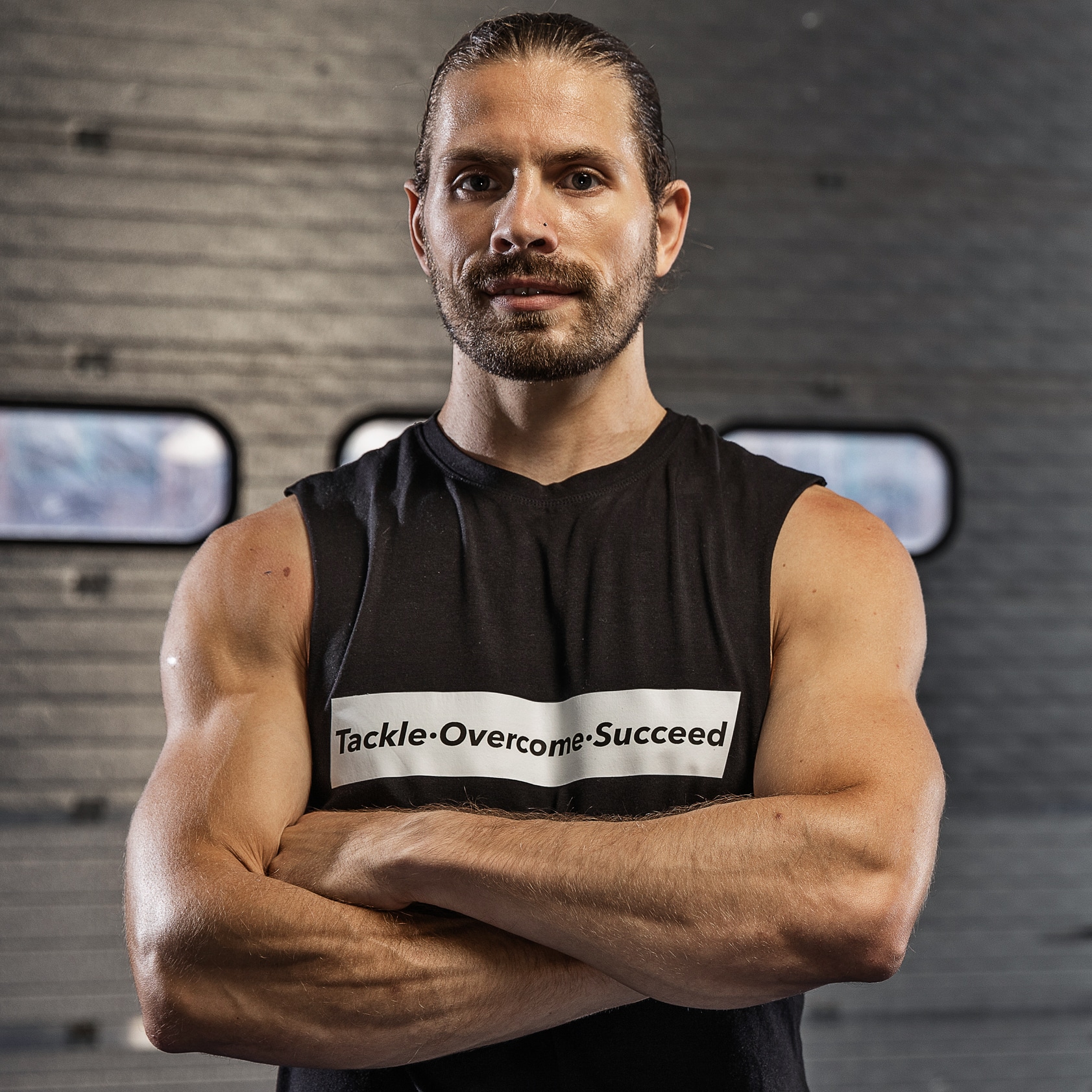Principles of Physical Fitness
- TOS Fitness

- May 15, 2022
- 3 min read

Regular physical training is not easy, so you should aim to be as effective as possible with your exercise regime.
Time and energy are precious currencies, so spending them on non-sense workouts is like buying a new car, soaking it in petrol, setting it on fire and then pushing it straight into the river. What a waste?!
Keeping a few simple fitness-related concepts in mind and combining those with planning will result in safe and effective training programmes.
Let's check out seven fundamental training principles that you could familiarise yourself with.
If you create your training plans and this is the first time you hear about these principles, then I highly recommend reviewing your programme as you might need to make some adjustments. Individuality Individuality simply means that every person is different; therefore, we respond to training differently. We have incredibly diverse genetic backgrounds, training history, lifestyle, chronological age and mental states. It's super important for trainers/coaches to realise that so they can design the most effective programme for their clients/athletes. Specificity Specificity describes the body's ability to adapt to special training. The simplest way to explain it is that if you want to become a marathon runner, you must run and run long distances. If you're going to be a shotputter, you need to pick up heavy balls and throw them as far as possible using a particular technique. Progression When participating in physical training, the goal is to improve skills and other components of fitness, such as strength and endurance. In order to achieve progress, the nervous and muscular systems have to be stimulated with exercises that are continuously increasing in complexity, intensity, duration and load. We cannot expect enhanced performance from individuals who constantly train in their comfort zone. Overload Overload goes hand in hand with progression. The body will adapt to a programme progressively increasing in difficulty, but if we stop introducing new challenges, the individual's performance will come to a halt. To continuously force the body to adapt, we need to introduce more frequent workouts, higher intensity, longer distances and durations and heavier loads. Adaptation As the result of progression and overload, the body will become accustomed to exercising at a given level. Because of this phenomenon, the exercises that almost killed you a year ago are now probably part of your warm-up routine. To achieve outstanding performance, you must change the stimuli by progressively overloading the neuromuscular system and swapping your exercise selection. Recovery After extremely taxing workouts, the body needs time and nutrition to repair itself so you can enjoy the new adaptations. A few hours will be enough in some cases, but you might need to take a week or two off after a competitive season. Your recovery heavily depends on the quality of your sleep and nutrition and your stress levels. Try to optimise those factors the best you can so you'll remain a high performing individual instead of reaching the level of overtraining and messing up all your gains. Reversibility The best way to sum this one up is:
"If you don't use it, you lose it!"
Simply put, if you give up training or significantly reduce your exercising, your skills will become rusty, your strength and endurance will decrease, and most likely, you will lose some mass due to muscle atrophy. In addition, other adaptations such as increased capillarisation and mitochondria density will reverse too. You can slow down this process by participating in a reduced intensity programme or staying active in your offseason. I realise some people just want to train because this is what they enjoy and aren't really interested in the whats, hows and whens of working out. BUT suppose you're one of those folks that like to understand why we (fitness professionals, athletes, enthusiasts) train the way we do. In that case, I'm sure remembering these seven fitness principles will help you better understand the training programme your coach gave you. However, if you aren't working with a coach, perhaps this article will be helpful when crafting your training plan.




Comments